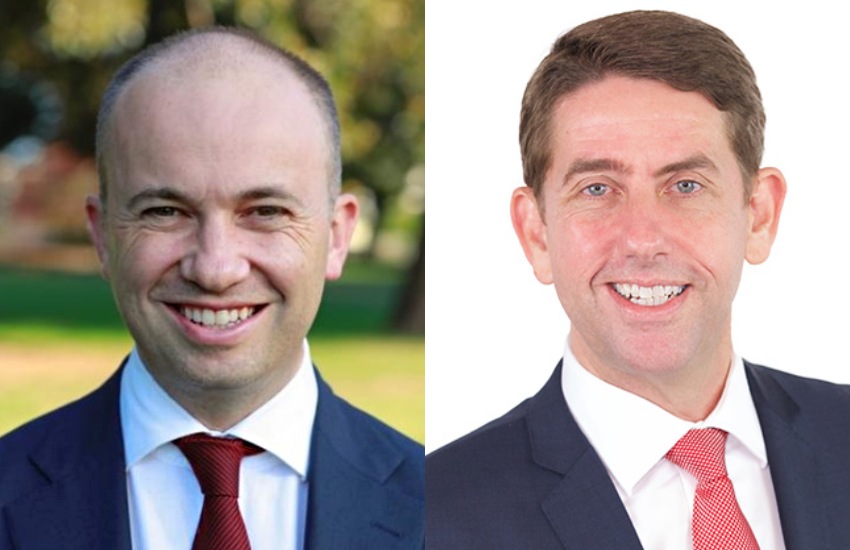NSW ends pandemic holiday, Queensland helps small business but adds health levy.
26 June 2025
New Broker Academy 2025
Uncover a new world of opportunity at the New Broker Academy 2025If you’re ready for a career change and are looking...
KNOW MORENSW ends pandemic holiday, Queensland helps small business but adds health levy.

State budgets in Sydney and Brisbane both changed tack on payroll tax with an end to the reduced rate in NSW while Queensland companies will be weighing the cost of discounts for small business and the introduction of a health levy.
The NSW budget confirmed that COVID relief measures that reduced the payroll tax rate from 5.45 per cent to 4.85 per cent would end on 1 July.
Tax partner at BDO, Fady Abi Abdallah, said that the Perrottet government was aiming to get back to surplus by leaning on increased payroll tax receipts.
“It is back to normal for businesses who pay payroll tax with the NSW government announcing the temporary reduction in payroll tax will not continue,” said Mr Abi Abdallah.
“Businesses will now have to juggle increased payroll tax payments along with rising interest rates and inflationary pressures.”
An exemption continues for the Future Economy Fund, which aims to drive growth in emerging industries such as digital and medical technology, and is expected to provide $51 million in tax relief over the next five years.
But with higher levels of employment expected as the economy recovers, the NSW government predicts payroll tax revenue of $2.3 billion over the four years to 2025-26.
The Queensland budget went in the opposite direction to NSW and extended payroll tax relief to more than 12,000 small and medium-sized businesses.
“This will be achieved by increasing payroll tax deductions to businesses with annual Australian taxable wages between $1.3 million and $10.4 million,” Queensland Treasurer Cameron Dick said.
“Currently, the deduction phases out above $1.3 million at a rate of 25c per dollar of wages, or one dollar for every $4 of wages.
“We will reduce that phase out rate to 14.3c per dollar of wages, or one dollar for every $7 of wages.”
Businesses with $6.5 million of taxable wages would benefit by $26,000 a year, he said.
Despite this, the Queensland government expects payroll tax to be its largest source of taxation revenue for 2022-23 at $5.2 billion.
However, the budget also announced a mental health levy to payroll tax starting on 1 January 2023.
A 0.25 per cent levy applies to the annual taxable wages of employers with wage bills above $10 million and rises to 0.5 per cent for employers with wage bills above $100 million.
The government predicts the levy will raise $425 million annually by 2025-26.
BDO tax partner Leisa Rafter said that while an extension on the payroll tax deduction would be good for small- to medium-sized businesses, larger ones might suffer.
“Larger businesses with an Australian wage spend over $10m will now have to juggle an additional 0.25 per cent increase in payroll tax as a result of the new mental health levy along with rising interest rates and inflationary pressures,” Ms Rafter said.
Senior manager of tax policy at CPA Australia, Elinor Kasapidis, said governments should focus on payroll reform rather than deductions.
“Any benefit from payroll relief is quickly eaten up by inefficiencies in administering and complying with payroll requirements and gives limited relief to smaller businesses,” said Ms Kasapidis.
“Rather than playing with rates, thresholds and deductions, we want holistic reform of payroll tax across the states and territories.”
Comments will undergo moderation before they get published.
Uncover a new world of opportunity at the New Broker Academy 2025If you’re ready for a career change and are looking...
KNOW MOREGet breaking news
 Login
Login
